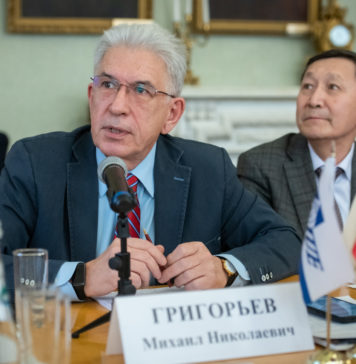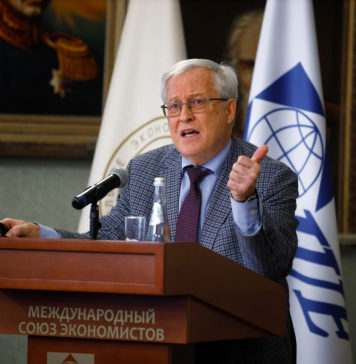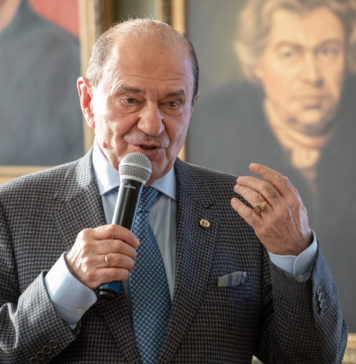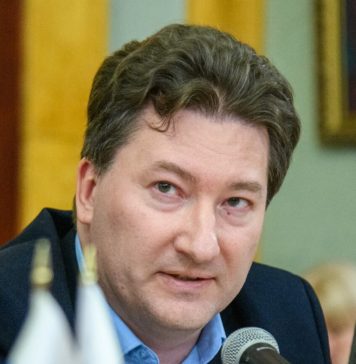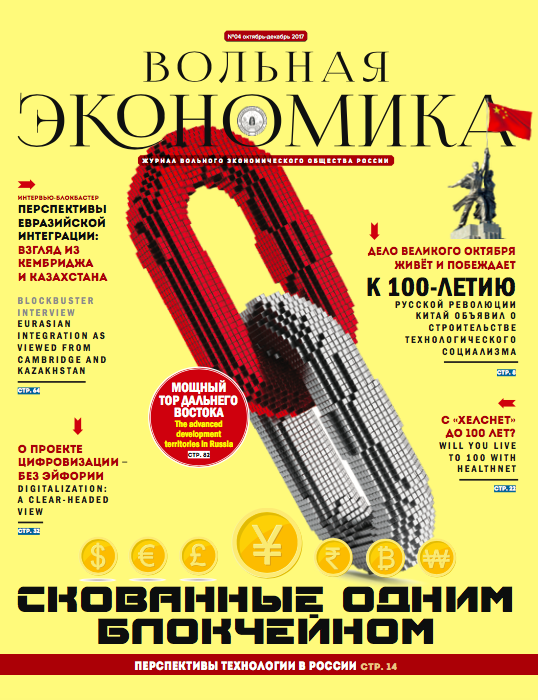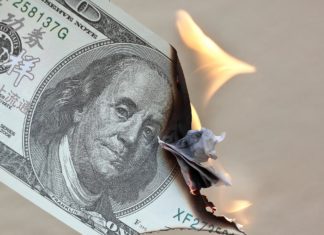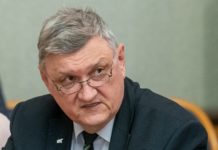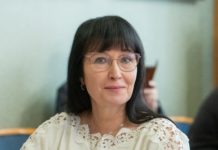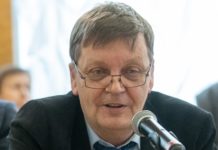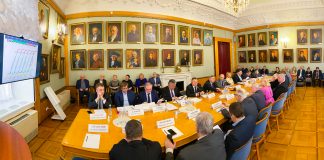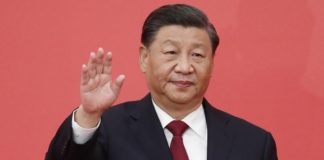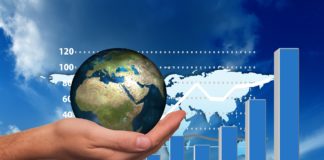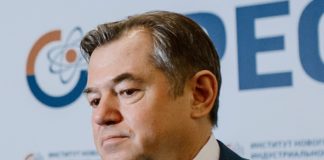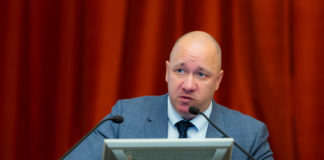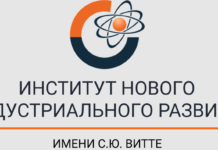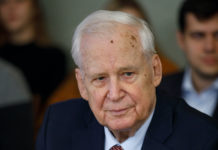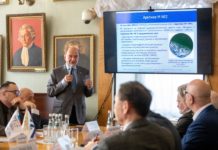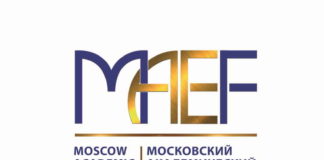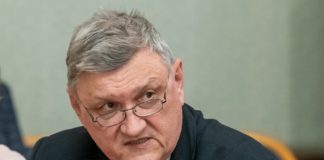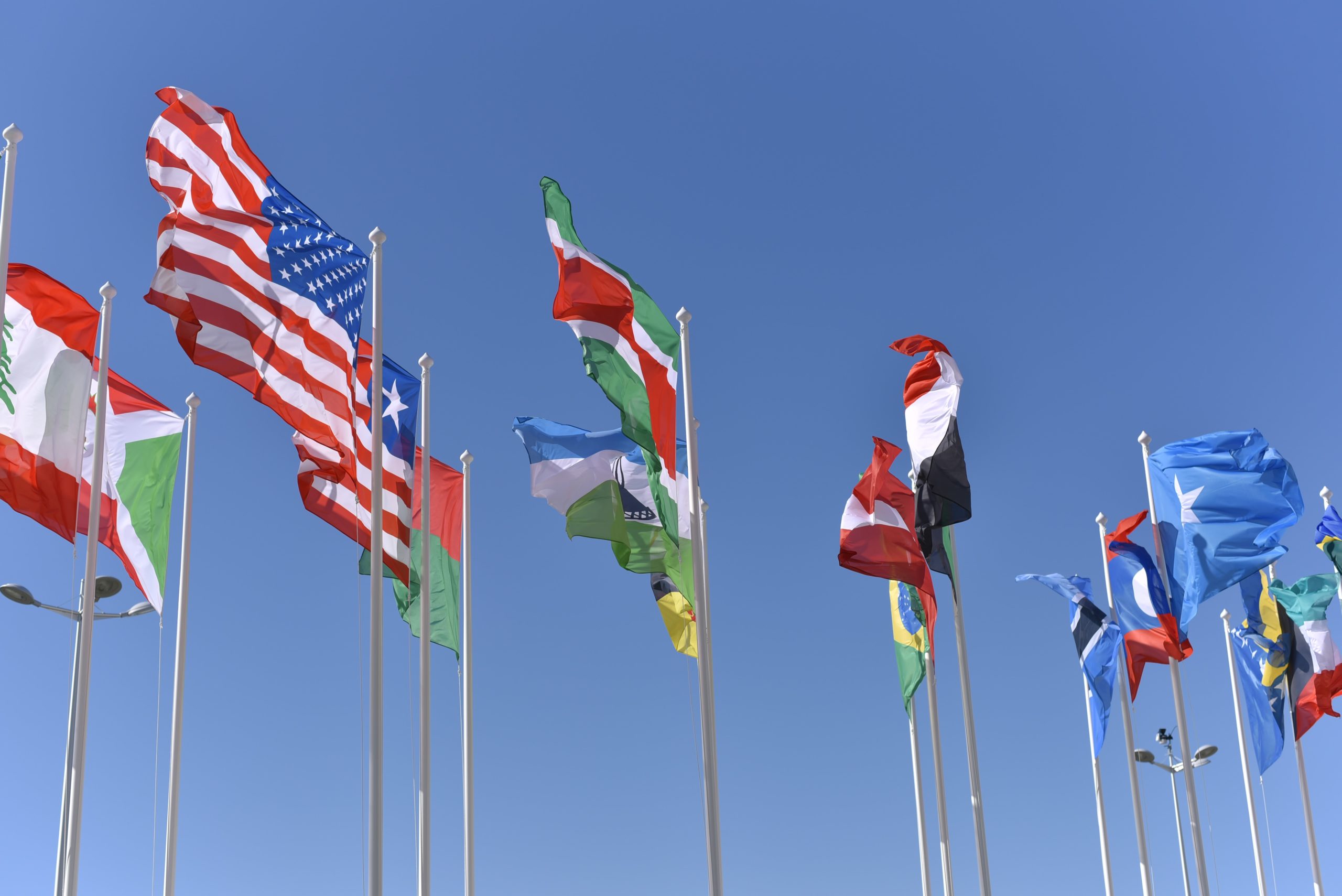 The next annual meeting of the World Economic Forum is to be held in Singapore, not in Davos. Its theme is the so-called Great Reset – an initiative to improve the global and local economies, and even the social foundations. World leaders are calling for joint engagement and faster structural change, while economists believe that national GDPs will not return to pre-crisis growth rates until 2022. In the meantime, world leaders have met online to compare notes.
The next annual meeting of the World Economic Forum is to be held in Singapore, not in Davos. Its theme is the so-called Great Reset – an initiative to improve the global and local economies, and even the social foundations. World leaders are calling for joint engagement and faster structural change, while economists believe that national GDPs will not return to pre-crisis growth rates until 2022. In the meantime, world leaders have met online to compare notes.
The great adjournment
The World Economic Forum (WEF) had to postpone its annual meeting due to the coronavirus pandemic; the current plan is to hold it from May 13 to 16, 2021 in Singapore. At the same time, representatives of the global political and business elites were given a chance to discuss the most pressing problems in January. The Davos Agenda WEF virtual event was held online – something everyone got used to over the past year.
As a reminder, last summer, the founder and permanent head of the WEF, Klaus Schwab, announced the ‘great reset’ of capitalism as the main theme for the forum. Schwab has co-authored a book, Covid-19: The Great Reset, where he expressed concerns about the sharp economic downturn, and warned we could be facing the worst depression since the 1930s. He also proposed using the pandemic as a window of opportunity for reflection, for decision-making and resetting the world. Critics have argued this could pose a threat of a redivision of the world to suit the interests of a narrow group of elites and transnational corporations. On the other hand, Schwab does not describe any specific measures in his book.
Another theme may be formulated when the forum is closer, but the focus of attention will definitely remain on the coronavirus crisis. UN Secretary General Antonio Guterres earlier said Covid-19 has generated the worst economic crisis in a century. Last year, according to UN estimates, global GDP lost 4.3%, or twice
as much as during the 2008 downturn. According to Guterres, the economy can resume sustainable growth this year, but only if governments, international organizations and society join forces and focus on the rational use of the limited resources, on using environmentally friendly technologies, and maintaining stability of social systems.
The head of the European Central Bank, Christine Lagarde, noted in her remarks during Davos Agenda that uncertainty will remain at a high level this year, and a new wave of lockdowns in Europe may delay economic recovery. She also spoke about the need to build a ‘new economy’ based on digitalization and green development.
Klaus Schwab, too, talks about inevitable total digitalization, both in his last book and at the Davos forums of recent years. According to him, the fourth industrial revolution will radically change the way we work and interact, and will affect all segments of society. In this regard, some experts are alarmed by the possible widening of the digital divide, which will only exacerbate the economic situation in countries where access to technology remains low. In particular, Ann Cairns, the Executive Vice Chair of Mastercard, said as much in her remarks at Davos Agenda 2021. She said removing such barriers for developing economies is of the essence.
Combining efforts
The world leaders’ rhetoric during the Davos Agenda event was built around the need to jointly solve the problems caused by the coronavirus pandemic – the economic, political and social aspects. Chinese President Xi Jinping called to intensify international strategic ooperation at the macroeconomic level. He opened the online discussion program; some experts saw it as symbolic, because China was the place where the novel coronavirus outbreak began, and now China is the first country to begin to recover. According to some estimates, the country’s GDP may grow by more than 8% this year – for comparison, the US economy will add half as much, 4.2%, according to the Fed’s forecasts.
The World Bank said in its January 2021 Global Economic Prospects the global economy is expected to expand 4% in 2021, assuming an initial Covid-19 vaccine rollout becomes widespread throughout
the year. To support economic recovery, authorities also need to facilitate a re-investment cycle aimed at sustainable growth that is less dependent on government debt, the document says. According to World Bank Group President David Malpass, policymakers face formidable challenges—in public health, debt management, budget policies, central banking and structural reforms – as they try to ensure a sustainable global recovery.
The newly elected US President, Joe Biden, did not participate in Davos Agenda. Xi Jinping noted in his special address that the international community should “keep its eyes on the long run” and provide support to developing countries, and also warned against keeping advantages in development “all to oneself”.
The current crisis has demonstrated how everyone in the world is interconnected and interdependent. “Isolationism will not help us to tackle our problems”, German Chancellor Angela Merkel said. The coronacrisis is an event that laid bare our resilience, or the lack thereof, and we must do everything we can “to eliminate these weaknesses”. She said Germany “made a poor impression” when it came to the digitalization of society, and the insufficient integration of healthcare and education systems into the digital environment. Also, during the pandemic, many supply chains were severed, which means they were not very strong and must be revised, Merkel believes. She also emphasized the need to ensure availability of the coronavirus vaccine in a limited-resource setting.
In his remarks, Russian President Vladimir Putin compared the current global situation to the 1930s and stressed that the pandemic has accelerated the structural changes, the conditions for which had been created long ago. “It is clear that the world cannot continue creating an economy that will only benefit a million people, or even the golden billion. This is a destructive precept. <…> If some 20 or 30 years ago, we would have solved the problem (of economic recovery – Ed.) through stimulating macroeconomic policies, today such mechanisms have reached their limits and are no longer effective”, the Russian leader said.
According to Vladimir Putin, the current conditions make economic stimulation with traditional methods, through an increase in private loans, virtually impossible, and the so-called quantitative easing “is only increasing the bubble of the value of financial assets”.
Russia’s anti-crisis strategy hinges on creating favorable conditions for worthy and cost-effective work and successful entrepreneurship and promoting digital transformation as the foundation for a high-tech future for the entire country, rather than that of a narrow group of companies, he said.
Beating the forecasts
This strategy is already bearing fruit, as numbers show. Last year, the Russian economy lost less than other large economies, Bloomberg reports. According to Rosstat, Russia’s GDP shrank 3.1% – the largest decline since 2009 – but the US economy lost 3.5%; Germany, 5%; and the UK, 11.3%, according to preliminary estimates. The economists surveyed by Bloomberg projected a fall of 3.7% for Russia. The Ministry of Economic Development was even more pessimistic and expected a 3.9% decline. Experts say the reason for the more positive dynamics was the government’s decision against introducing a second lockdown in the fall of 2020, as well as the measures taken to support the economy. Russia’s anti-crisis package is estimated at RUR 4 trillion, which is about 4% of GDP. Russian Deputy Finance Minister Vladimir Kolychev noted in an interview with The Financial Times that Russia increased government spending by 27% in 2020, and that ensured a faster recovery in the third quarter.
China has been the fastest to recover from the crisis. Last year, the country’s GDP grew by 2.3%, making China the only major economy to actually show growth. This year, according to economists surveyed by Bloomberg, China’s GDP may grow by 8.3%, mainly due to strong support for domestic consumption.
According to the International Monetary Fund, global GDP will grow by 5.5%, although according to the experts, there is a great deal of uncertainty around this forecast. IMF chief economist Gita Gopinath noted that greater success with Covid-19 vaccinations and therapeutics, and additional policy support could accelerate economic recovery. Risk factors, on the other hand, include “slow vaccine rollout, virus mutations, and premature withdrawal of policy support”.
A poll conducted by ACCA in conjunction with the IMA Institute shows that most financiers do not expect global GDP to return to pre-crisis levels until 2022. “2021 will see recovery but precisely when and how strong it will be is very uncertain. We anticipate a weak start, followed by a recovery gathering momentum through the second half. Much depends on the evolution of the Covid virus and variants relative to the progress of vaccination programs”, ACCA Chief Economist Michael Taylor said.
According to economists, countries that can find a balance between coronavirus restrictions and maintaining economic activity will be able to recover faster. They need to launch a broad vaccine rollout and look for effective treatments for the novel coronavirus. But keeping all that up alone is a challenge, so the need for international cooperation is not even questioned. World leaders will meet in May to consider if we need a ‘Great Reset’ for that.
According to the WEF Global Risks Report 2020 published in January, the biggest threats in 2021 are infectious diseases and extreme weather events stemming from climate action failure. As for medium- term risks in next three-to-five years, the report identified asset bubble bursts, IT infrastructure breakdowns, price instability and debt crises. In the longer term, WEF highlighted concerns about weapons of mass destruction, state collapse, biodiversity loss and adverse technological advances.

